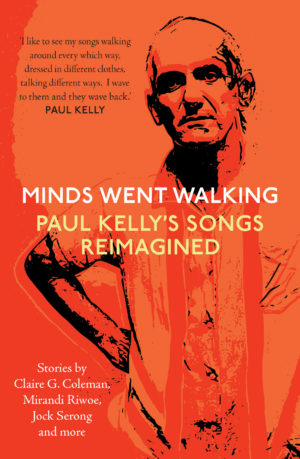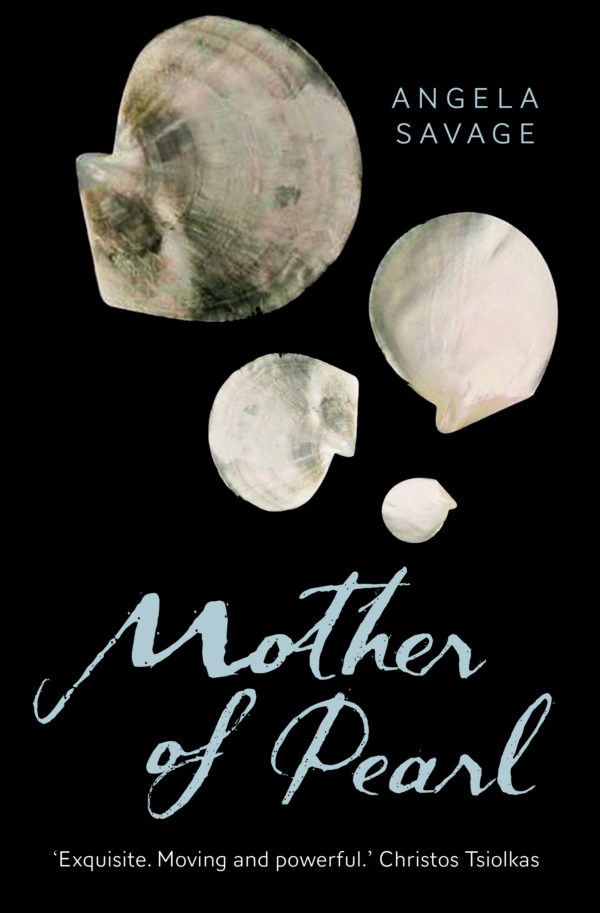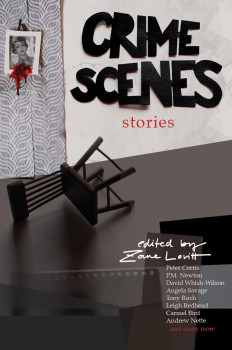 After searching for a way to begin this review of Robin de Crespigny’s multi-award-winning The People Smuggler, here’s what I’ve come up with:
After searching for a way to begin this review of Robin de Crespigny’s multi-award-winning The People Smuggler, here’s what I’ve come up with:
Please read this book.
The People Smuggler is the story of Iraqi-born Ali Al Jenabi, who survived four years in Abu Ghraib prison under Saddam Hussein, before fleeing to Indonesia via Kurdistan and Iran. In Indonesia, he arranged safe passage to Australia for over 500 Iraqis, including his mother and five of his siblings, all of whom were found to be genuine refugees. He was subsequently arrested and charged with people smuggling in Australia. Since 2008, Ali Al Jenabi has remained in Australia on a ‘bridging removal pending’ visa, meaning he can be sent back to Iraq at any time the Immigration Minister deems it ‘safe’.
Read this ‘non-fiction thriller’ because it is a riveting story spanning 42 years across three continents, with the epic journeys, romance and tragedy of all great narratives.
Read this book because it make you realise why the risk of fleeing to Australia by boat cannot come close to the horrors people suffer in prisons, refugee camps and as displaced persons.
Read it because it demonstrates how flawed the system is when it comes to seeking refugee status, helping you understand how nonsensical, if not insulting, the notion of ‘queue jumping’ really is.
I try to imagine this queue. What do they think? That when the secret police are shooting at you, you run down the street yelling, ‘Where’s the queue? Where’s the queue?’
Even if there was a queue to join, there is no UN office in Iraq. The nearest is in Pakistan, two countries away.
Read it because it will teach you things about people smuggling that you didn’t know. That people smuggling is not illegal in Indonesia, for example, where so many of the boats depart. That it is not actually ‘smuggling’ when the objective is to safely dispatch people to a place where they can be picked up by the authorities for processing as refugees. That ‘people smuggling’ is a political football that makes heroes of some (think Oskar Schindler) and villains of others (Ali Al Jenabi), depending on circumstances.
When I think of the poverty in my broken country it is ludicrous… The whole thing has cost the [Australian] taxpayer millions, just to punish me for something I did in someone else’s country, where it wasn’t even a crime.
Read it because it illustrates why detention is more damaging than imprisonment.
I have risen above so many incarcerations, but I am drowning in this one [in Villawood Detention Centre]. There is nothing to fight against and the boredom is insufferable; they kill you not by torture or executions, but by hopelessness and despair.
This from a man who survived the unthinkable horrors of prisons in Iraq and Thailand.
But most of all read it for the chance to know something of Ali Al Jenabi, a brave and decent man, whose resilience in the face of all he has suffered — his time on what he calls ‘the treadmill of endurance’ — might just restore your faith in the power of the human spirit.
At one point, he reflects on perceptions of asylum seekers in Australia, specifically those coming by boat.
If Australian people only knew the strength it takes to get on one of these boats, to keep holding on to life after the horrors these people have been through, they would be filled with awe and admiration.
I was certainly filled with awe and admiration after reading The People Smuggler, so much so that I wrote to the current Minister for Immigration to recommend he read it and to plea for Ali Al Jenabi to be granted permanent residency.
Read this book because it may well inspire you to action, too.
The People Smuggler by Robin de Crespigny (2012) is published by Viking/Penguin.
I will be appearing on a panel with Robin de Crespigny at the Bendigo Writers Festival this weekend. Details below.
To understand others
Sun 11 August, 12.00-1.00PM
David Bridie, Angela Savage, Robin de Crespigny and Alice Pung talk with Sue Gillett about the inspiration they draw from other cultures.
The Capital, 50 View Street, Bendigo
Further information and tickets here.







Nice piece. Well done.
Sent from my iPhone
LikeLike
Thanks 🙂
LikeLike
Angela – The whole process of making sure that people have a safe place to be has gotten so politicised that it’s easy to forget that these are human stories. I’m glad this book is reminding us that they are. Thanks for the excellent review and I wish you well on your panel.
LikeLike
Thanks, Margot. This remarkable book is an important counterbalance to the propaganda and outright lies told to us by politicians about asylum seekers in Australia. What a short memory we have: only the Aboriginal and Torres Strait Islander people are indigenous. For the rest, Australia has been populated by convicted criminals and asylum seekers of one kind or another.
LikeLike
If it’s any comfort, Angela, Australia isn’t the only country that needs to re-think this…
LikeLike
What a topic. Sounds like a good panel, will check in here to see what was said.
Yes, the whole immigration issue needs a rehauling over here, too. Truthfully, in the U.S., other than Indigenous peoples and African Americans whose ancestors were brought here forcefully, everyone else is an immigrant or their family members were. They fled horrific political or economic circumstances or had to seek jobs. And what person would willingly leave their homelands, often their families to move thousands of miles away if they didn’t have to do so?
So many people look for jobs in more industrialized countries and send back most of their earnings to their relatives due to economic deprivation and inequality. (As Didier said, the answer is to eliminate poverty.)
I think of John Lennon’s beautiful song “Imagine,” and the meaning that all human beings should share and live together in harmony.
LikeLike
Pingback: Ned Kelly Awards 2013 | Angela Savage
People who smuggled the Jews across to Britain to escape the Nazis are considered heroes, and rightly so. But doing the same for those suffering under and equally horrendous regime is seen as criminal.in Australia. Why? I expect because they have dark skin
LikeLike
I share your bafflement, Chonyi, about how it can be that some people smugglers can be considered heroes and others ‘the scum of the earth’. Is it because those fleeing war and persecution in the Middle East have dark skin, because they are Muslim, because they are unfairly associated with terrorism? Or are they merely scapegoats used by Australian politicians to distract us from critical issues — the ageing population, the shrinking workforce and tax base, for example — that loom and which, unlike asylum seekers, will actually affect a lot of us directly?
LikeLike
Pingback: My year of reading 2013 | Angela Savage